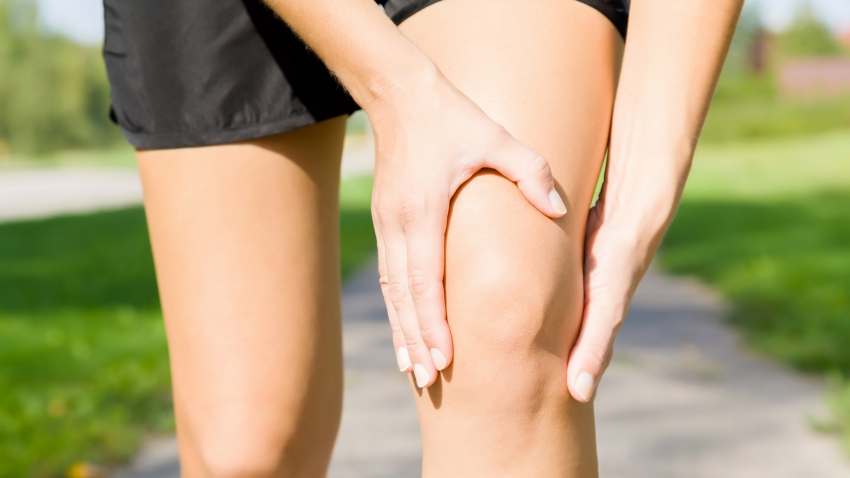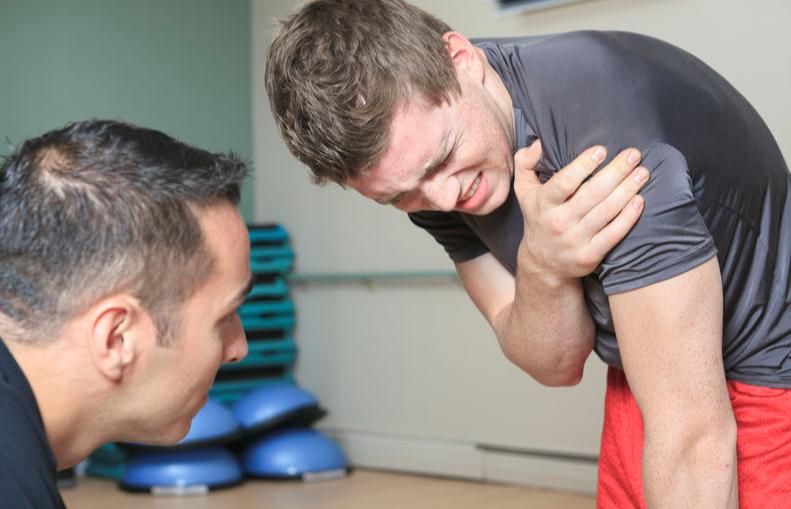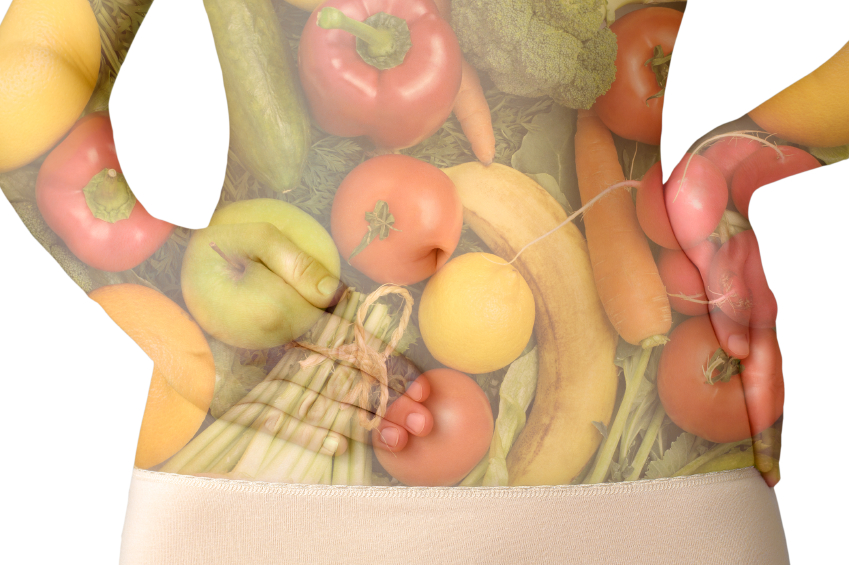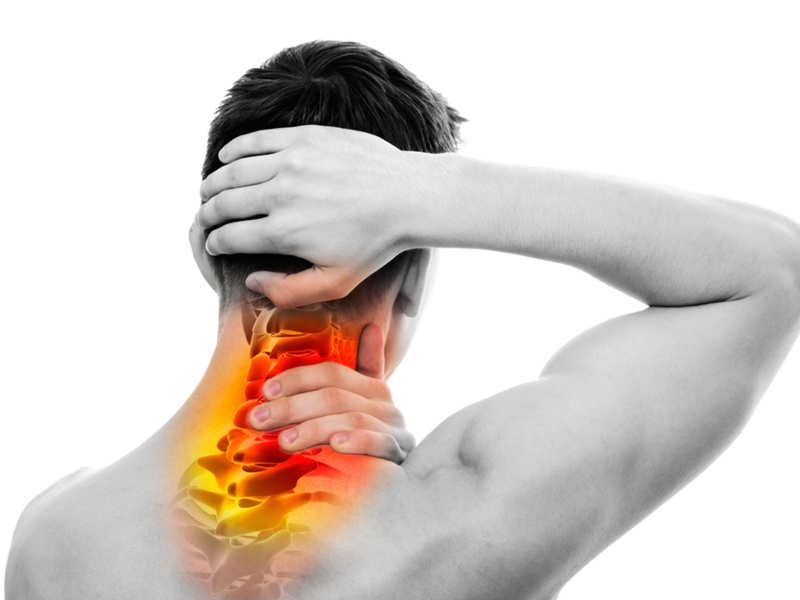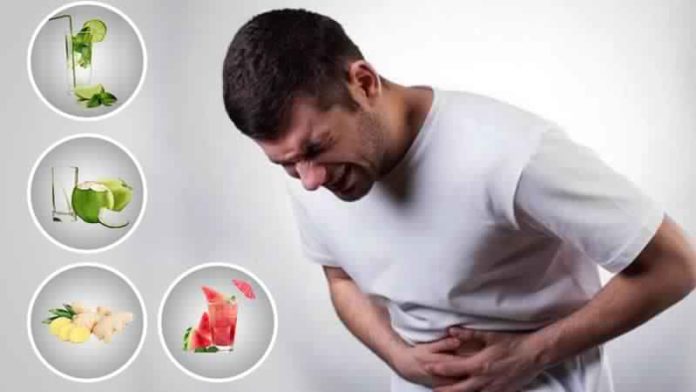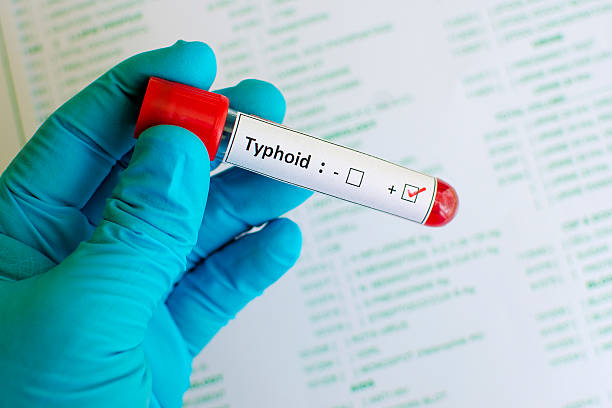KNEE PAIN
- It is common complaint that affects people of all ages.
- It can originate in any of the bony structures femur, tibia, and fibula, the patella, or the ligaments, tendons, and cartilage of the knee.
- It can be caused by a sudden injury, by an underlying condition, an overuse injury, ruptured ligament or torn cartilage.
- Medical conditions that cause knee pain including arthritis, gout and infections.
- Aggravated by physical activity, obesity, affected by the surrounding muscles and their movements.
- Triggered by foot injury.
- Home remedies or natural ways can helpful unless it becomes severe.
WAYS TO GET RELIEF FROM KNEE PAIN NATURALLY
Hot or cold packs
- Using hot packs in the form of water bags, hot towels or ice packs help to ease stiffness.
- It is one of the best and simplest anti-inflammatory home treatments.
- Cold therapy can help relieve joint pain, swelling, and inflammation.
- Do not apply ice directly to the knee skin, wrap it in a towel and then place it on the knee applying with gentle, steady pressure.
Massage therapy
- Entle massaging of the knee with warm oils especially herbal or medicated Ayurvedic oil is trusted method for knee pain for thousands of years.
- Massage therapy highly recommended in Ayurveda for various types of pain.
- Thigh muscles massage provide strengthening effect which reduces pressure on the knees during exercise such as cardio and those doing squats.
- Ayurvedic centers usually give hot steam therapy to the knee after the massage therapy.
Get enough exercise
If people have arthritis issue exercise can help by the following ways:
- Manage weight
- Keep joints flexible
- Strengthen muscles around joints which offers more support
- Low-impact exercises include:
- Walking
- Cycling
- Tai chi
- Water activities
- Swimming
Stay physically active
- Do not rest too much.
- Avoid sitting in one place for long periods.
- If people have a desk job, ensure get up from place after every 45 minutes and move around for at least for a minute.
- Sedentary lifestyle weaken the muscles and put pressure on knees while standing, running and walking.
Perform yoga
- Yoga therapy is an effective way of relieving various types of pain and as a stress buster.
- Study found that 66 people with osteoarthritis showed a decrease in knee pain and improvement in functioning of the knee joint.
Eat healthy and anti-inflammatory diet
- Osteoarthritis involves inflammation of knee joints, people eat a diet that reduces inflammatory markers.
- Eat a variety of fruits and vegetables that are high in phytonutrients including inflammation-fighting antioxidants such as vitamins C, D, and E and selenium.
- Consume diet low in calories that helps them to lose weight.
- Add salmon, tuna, mackerel, and herring cold fishes to the diet. They are high in omega-3 fatty acids and also have anti-inflammatory properties.
Low stress level
- Stress can worsen chronic conditions and knee osteoarthritis.
- Stress can cause muscle tension which increases the perception of pain.
- Knee pain also triggered by frustration and depression.
- Relaxation therapy helps to fits lifestyle, include deep breathing, meditation, progressive relaxation, and yoga helps to ease stress levels and make body easier for stay relaxed.
Knee Elevation
- It can be done to decrease the swelling in the knee.
- The knees can be kept elevated with the help of couple of pillows, or sitting on a recliner chair where legs are elevated.
Ginger extract
- Ginger helped to reduce arthritis pain when people used it along with a prescription of treatment for arthritis.
Ginger is available in many forms such as:
- Supplements,
- Ginger tea,
- Ground spice or ginger root for adding flavor to dishes.
Add turmeric to dishes
- It is the yellow common spice in Indian dishes contains a chemical called curcumin.
- It has antioxidant and anti-inflammatory properties.
- Studies show that it may reduce arthritis pain and inflammation.
Posture and support
things that can help to minimize knee strain include:
- Avoiding low chairs and couches
- Sitting on a pillow to raise seating level
- Sitting in a good sitting posture without slouching or leaning
- Wearing supportive shoes
- Avoiding prolonged sitting, joints may become stiff and painful without movement

